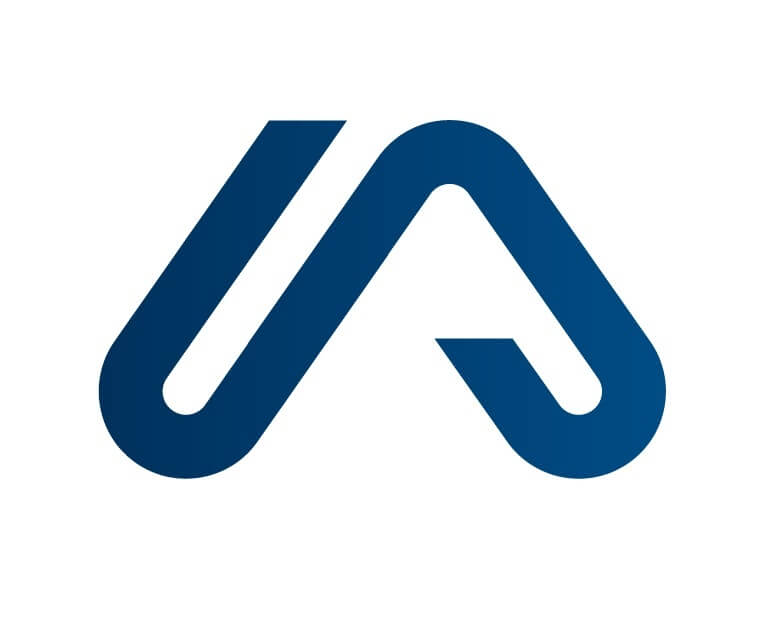A general partnership (KIG) is the contractual commitment between different persons to operate a company under a certain name.
Instead of several people setting up different individual companies, they can join forces and work together at minimal cost.
At least 2 natural persons and the addition “KIG” in the name are necessary.
A general partnership is established by articles of association (verbal agreement is sufficient).
Entry in the Commercial Register (HR) is compulsory, but the KIG can also be formed without an HR entry.
The most important points for a general partnership
General partnerships are particularly suitable for several founders who want to set up small businesses together. This allows you to start a joint business without contributing capital to the GmbH or AG.
Generally, a GmbH or AG is founded or converted after a successful operation.
General partnership Taxes
A general partnership is not a legal entity. This means that the company itself is not taxed.
The individual partners themselves are taxed directly on the basis of their income (salary, interest on equity, profit shares) and their assets.
General partnership liability
Since the general partnership is not a legal entity, all partners are liable with their private assets.
Conversion
Conversion into a GmbH or AG is possible at any time.
Commercial register
Entry in the commercial register is obligatory for a general partnership, regardless of turnover. However, KIG comes into existence even without HR entry.
Advantages:
A KIG can be founded quite easily by several persons without minimum capital and is suitable for the start of joint activities due to the low costs of formation.
Further advantages:
Simple and inexpensive organisation
Free choice of company name with the addition of “KlG”.
Disadvantages
Shareholders are liable with their own private assets.
Further disadvantages:
- Interdependence of shareholders
- Unlimited liability and solidarity
- Reduced flexibility between shareholders (example: no competition)
Collective insurance company
Shareholders within the KIG are considered self-employed. Accordingly, they are not subject to the classic obligations of accident insurance, BVG, etc.
However, due to the dangers of working and private life, it is advisable to at least consider protection for the following risks:
- Illness
- Accident
- Age
- Death
- Disability
